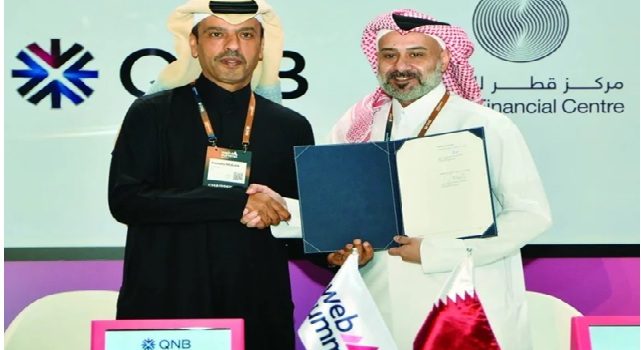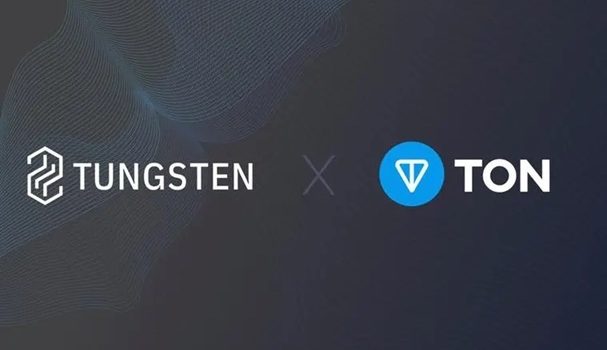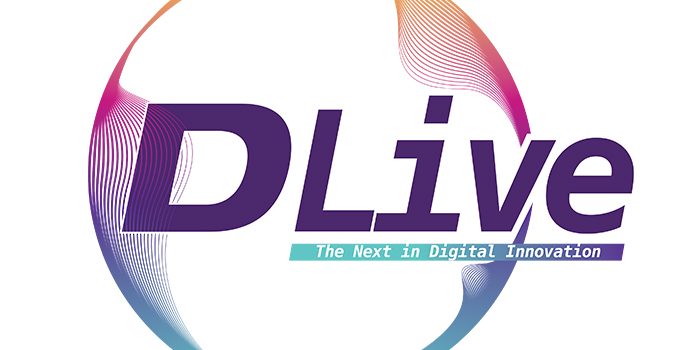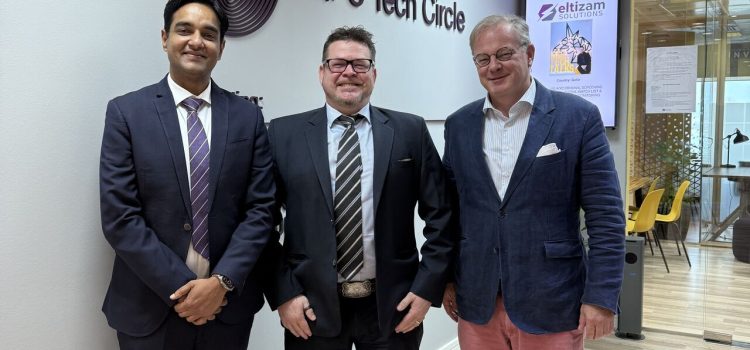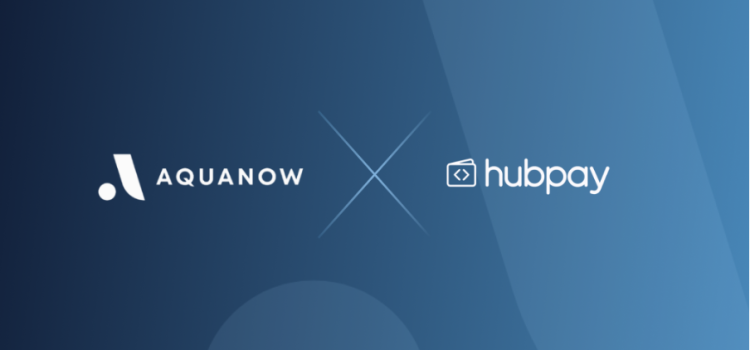Trescon’s flagship event, HODL 2025 (formerly World Blockchain Summit), the world’s longest-running crypto and web3 summit series, is set to return to Dubai at the Madinat Jumeirah, on 14-15 May, 2025 bringing together 5,000 Web3 innovators and investors.
The event will showcase cutting-edge advancements in blockchain, crypto, DeFi, and digital assets, offering unparalleled networking and business opportunities in one of the world’s most forward-thinking tech hubs. HODL 2025 will host leading blockchain pioneers, crypto innovators, top-tier investors, and government representatives, making it the most anticipated Web3 business conference in the region. Designed to facilitate serious deal-making, strategic partnerships, and high-value networking, HODL is where ground-breaking ideas meet real-world implementation.
With its focus on institutional blockchain adoption, investment opportunities, regulatory frameworks, and next-generation DeFi models, HODL has built a reputation as the go-to event for C-suite executives, venture capitalists, and blockchain innovators seeking tangible business outcomes.
Speaking on the significance of HODL, Mohammed Saleem, Chairman and Founder of Trescon, emphasised: “HODL 2025 will be the ultimate convergence of blockchain leaders, investors, and innovators, setting the stage for breakthrough ideas and partnerships that will shape the future of Web3. This is where the next generation of blockchain businesses will be built.”
Adding to this, Corbin Fraser, CEO of Bitcoin.com and a speaker at the Summit, highlighted Web3’s role in driving innovation and advancing the crypto economy, “Builders are breakwaters, turning volatility into crypto stability.”
Joining Corbin Fraser at the summit, the distinguished lineup of speakers includes:
Roger Bayston, Executive Vice President Head of Digital Assets, Franklin Templeton
Viktor Fischer, Managing Partner, RockawayX
Jigar Patel, Global Head of FinTech & Internet, Morgan Stanley
Katherine Dowling, General Counsel & Chief Compliance Officer, Bitwise Asset Management
Gracy Chen, CEO, Bitget
Jason Allegrante, Chief Legal & Compliance Officer, Fireblocks
Sumit Gupta, CEO, COINDCX
Teddy Liu, Executive Director and Chief Executive Officer, JINGDONG Coinlink Technology Hong Kong Limited
Vijay Tirathrai, Managing Director & Regional Head of MENAPT, TechstarsRonit Ghose, Global Head – Future of Finance, Citi Global Insights
Backed by industry leaders, HODL 2025 is set to drive the future of Web3 and blockchain innovation. The event is proudly supported by leading sponsors, including Gofaizen & Sherle (Gold Sponsor), Sky Gate Network, and FMCPAY (Bronze Sponsors).









